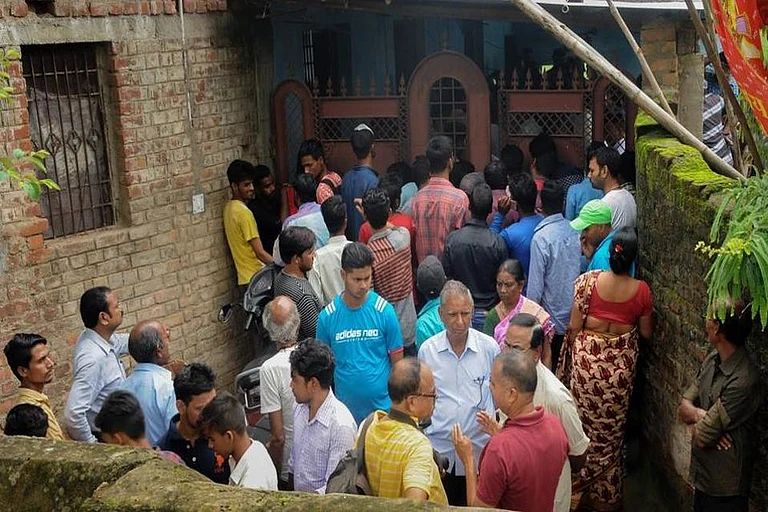Days after UK Prime Minister Rishi Sunak announced the date of the general elections, the Indian-origin leader was witness to a mass exodus of Conservative MPs. However, with Sunak's popularity also dipping across the UK and amid the Tories, trouble mounts for the British leader.
Following the announcement of the July 4 Elections, the British PM took some time away from the public life amid a mass exodus of seniors MPs from his party.
Tory Exodus Surpasses Mass Resignations Of 1997
Over the past week, Rishi Sunak has seen resignations of at least 78 senior parliament members, who have declared that they will not be contesting their seats again.
This mass exodus on members of Parliament has also surpassed the numbers of the 1997 exodus, which ultimately led to Tony Blair's landslide win for the Labour Party.
With these mass resignations, it seems more and more likely that the Conservative party's 14-year rule over UK may be coming to an end.
The recent resignations of Cabinet ministers Michael Gove and Andrea Leadsom increased the number of MPs quitting the party rose to 78.
Gove, who was once eying the top post of the party and has been part of almost every Conservative party since 2010, announced that he will be steeping down on Saturday.
Other notable MPs and politicians who have announced they will not seek re-election include former PM Theresa May, Northern Ireland minister Chris Heaton- Harris, ex-armed forces minister James Heappey and ex-defence minister Ben Wallace.
Sunak's Popularity Continues To Dip
In December 2023, Rishi Sunak's popularity levels across the UK and the Conservative Party had hit an all-time low. As per the rating released by Conservative Home, the Indian-origin PM ranked second last and received his lowest score ever - minus 26.5.
However, after his announcement of the July 4 Elections, Sunak's favourability may have increased slightly, but not enough to rule out a Labour wave for the upcoming polls.
As per a poll by YourGov.uk, Sunak's positivity rating increased from 20 to 25% after he confirmed the dates of the general elections. However, two-thirds of Britons still have a negative opinion of the prime minister, taking his overall rating to minus 42.
On the other hand, Labour leader Keir Starmer has a favourability rating of 34 percent, while 53 percent of Britons do not favour the Labour opposition leader.
However, Sunak's unfavourability rate remains higher than Starmer at 67 percent. The Conservative Party as a whole also ranked low with a rating of 24 percent.
The UK General Elections will be held on July 4, 2024. After stalling the announcement of the date, PM Rishi Sunak confirmed the date last week. The UK Parliament was suspended on Friday and will be officially shut down on Thursday - May 30, for an official five-week election campaign.




























